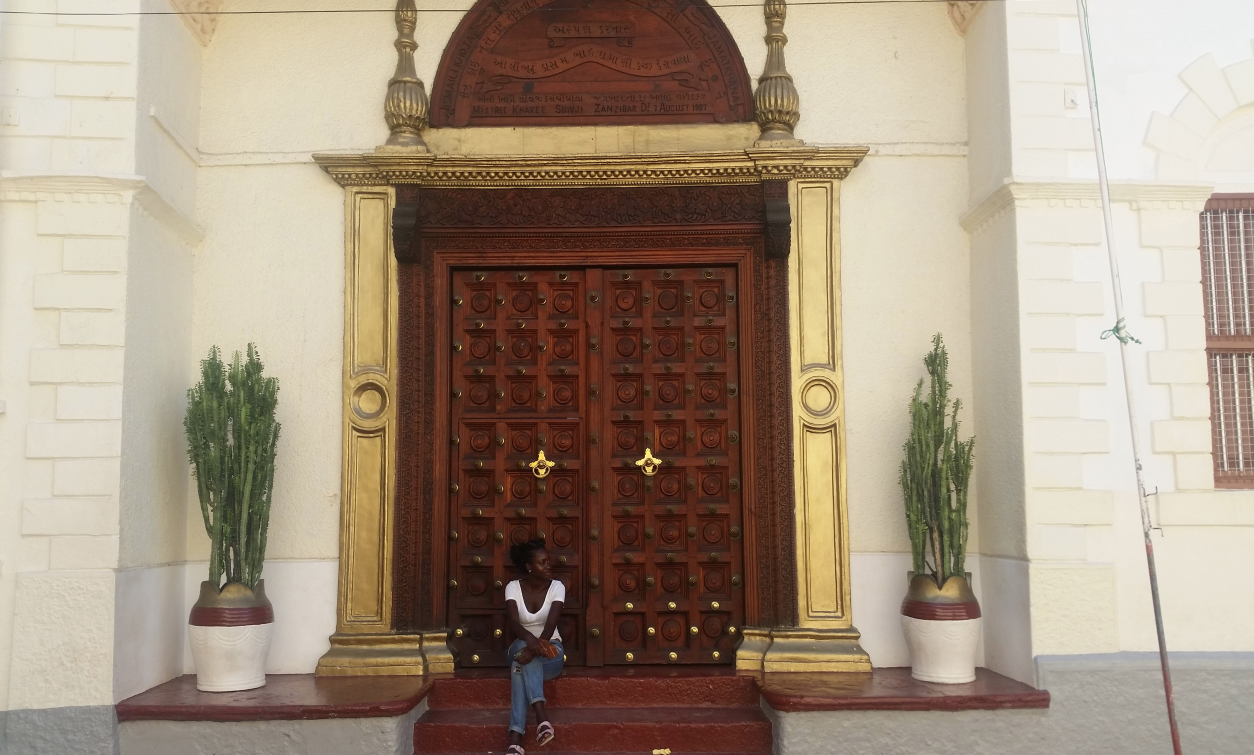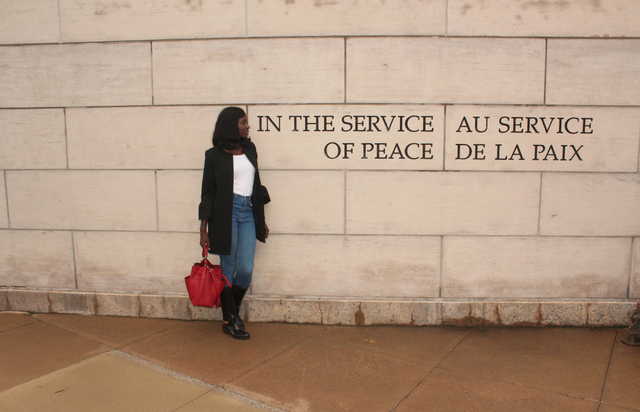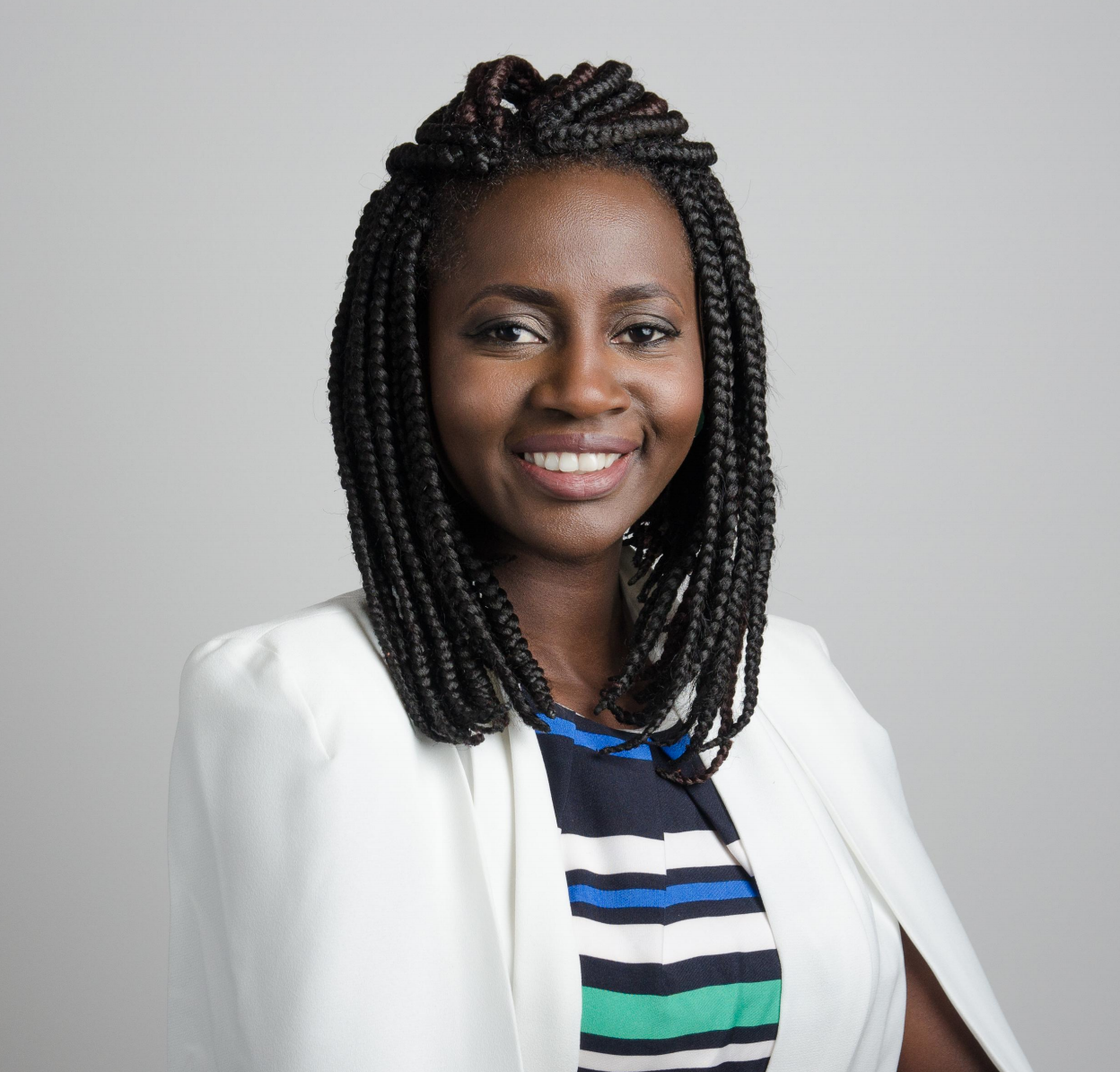Our Right to Heal — Fatou Jammeh, Canada
In a new series brought to you by the Association of Fundraising Professionals (AFP), Fatou Jammeh of Médecins Sans Frontières Canada shares her lived experiences of racial and gender prejudice. She also explores the legacy of historic oppression in fundraising. This is a powerful story from Our Right to Heal.
- Written by
- Fatou Jammeh
- Added
- September 10, 2020
The right to heal – I never considered what that truly is until now. In an odd way, the universe has forced me into a position where healing is what I need. It has forced me to deeply explore what healing and self-care mean to me. Where I come from, The Gambia, an enclave in the upper western side of Africa, you don’t have the luxury to sit down and heal. You must push forward until you succeed. I guess that is where my mindset and drive come from. In everything that I take on, I want nothing more than to make an impact despite any challenges. I have always looked at challenges as opportunities to make that impact.

My story as a fundraiser began just like the stories of many in the sector – by fluke. I’ve always had a passion for women’s rights. So when I landed a dream job as a resource mobilisation officer in Tanzania, working in a community-based women’s rights organisation, I was especially eager because I was fresh out of university. I had casually researched what the role entailed, but my professional experience in fundraising at that point was minimal. Being the enthusiast I am, I figured it out very quickly.
It was in this role that I secured my first $80,000 donation through the submission of a grant proposal. As a newbie to the profession, it was exhilarating to secure such a large amount within my first six months. As a result of this success, I was motivated to continue raising money for purpose-driven organisations. I remember laughing and thinking that fundraising was not so bad. I have since navigated various fundraising roles in international development and human rights organisations, supporting them to secure thousands of dollars.
I find fundraising exhilarating and an incredibly powerful vehicle for change.

For as long as I can remember, I have wanted to provide opportunities and resources to my fellow sisters who are lacking the ability to secure them independently. I was privileged enough to have many doors opened for me, which allowed me to make this my life’s calling. I live by the famous words of Toni Morrison, ‘If you are free, you need to free somebody else. If you have some power, then your job is to empower somebody else’.
Personally, I believe that fundraising is a way of doing just that. I get the deepest satisfaction knowing that a 20-minute conversation with a potential donor can make a difference for someone somewhere.
My journey has been thrilling and yet laborious. As a young, Black female, navigating the non-profit system where an overwhelming majority of my colleagues, staff and donors at the top do not look like me, my journey has been difficult at times. In addition, as a Black woman, I also face the dual heritage dichotomy, where being an African and having to work in development to ‘fix’ Africa has caused internal turmoil. These two realities clash on a constant basis, as historically this is uncomfortable territory.
For centuries, colonisation depleted us (Africans) of our resources, land and people, amassing wealth and power for predominantly white societies. These same resources are now being re-appropriated to ‘save’ us. Edgar Villanueva, in his book Decolonizing Wealth, compares this to the slave plantation. He states that people of colour (POC) working within these institutions are like house slaves, often silenced or pushed out if they do not go along with the status quo. Communities of colour are the field slaves, supplicants for assistance whose needs are caused by exploitation.
In my professional journey, I’ve often felt exhausted from having to constantly guard myself emotionally in almost all situations, whether from ignorant comments like ‘Where do you really come from?’ or demeaning conversations around the narratives of our beneficiaries. Drawing parallels to Villanueva’s analogy, if I am not conforming to the status quo, there is an unspoken pressure that I will be squeezed out of spaces, marginalised or excluded.
I often find myself experiencing high levels of anxiety and suffering from insomnia. I am constantly working twice as hard to catch up, spending most weekends working to ensure that my work is not questioned, but still feeling that I’m never good enough. This weight is known as an ‘emotional tax’, a feeling of being different from peers at work because of gender, race, or ethnicity. It can affect a person’s well-being and ability to thrive in their job, according to speaker and author Karlyn Percil. When we look at the makeup of Black and other POC in the philanthropic sector, one can see a lower percentage rate of these groups in higher positions compared to others. Even when POC are in executive positions, some will describe similar experiences of not fully belonging or instances of being micromanaged and/or tokenised.
How can you really thrive and heal from this when you are constantly reminded of your place in these systems – often giving so much with minimal appreciation for the difficulties of acquiring a position with decision-making authority?
For me, the right to heal as a fundraiser really begins with the roots of the systemic imbalances that exist. It begins with an acknowledgment of our Canadian history, deep grief over how the coloniser mindset has affected us all (regardless of the colour of one’s skin), and genuine apologies. It also requires structural changes in governance and organisational functions – a world where non-profit staff and boards consist of individuals and communities that they serve. Furthermore, addressing implicit biases and training to combat them in hiring and promotion processes are also imperatives. If I can’t find people in the workplace who look like me or have similar experiences, it is very difficult to aspire toward those positions.

Fatou Jammeh is a passionate human rights advocate and fund development professional. Currently she is a Development Officer for Doctors without Borders (MSF) Canada. Fatou has worked in various fundraising capacities for organisations including BrAIDS for AIDS, UNICEF Canada, The MATCH Fund, and the Women’s Legal Aid Centre. She is personally committed to promoting diversity and inclusion in all spaces and is on a trek to change the face of philanthropy. In the community, Fatou is actively engaged with community initiatives; she leads the African Diaspora Youth Network in North America and is also the Community Lead for Manyatta Network.
Fatou holds a Bilingual Degree in International Studies from York University, and a Certificate in Inclusion and Philanthropy from AFP Canada. She is enrolled in the Non-profit Management Certificate at George Brown College. Fatou has lived and worked in Canada, Tanzania, France and Gambia and speaks three languages: English, French and Mandinka.
Note: This article was originally published by AFP. We would like to thank Fatou Jammeh and AFP for allowing us to include this wonderful piece on SOFII. The full collection of Our Right to Heal Bright Papers can be found here.
You can also learn more about the project here, or read the second entry, by Marva Wisdom, here.

















